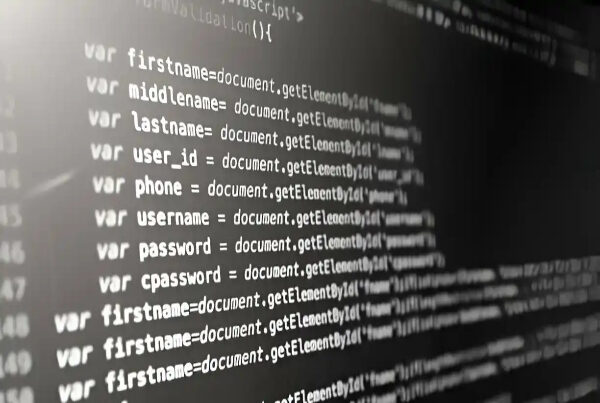A GPU Programming Specialization typically covers the principles and techniques of programming GPUs (Graphics Processing Units) for a variety of applications beyond graphics, including scientific computing, machine learning, data processing, and more. Here’s an outline of what such a specialization might entail:
- Introduction to GPU Computing: This module would cover the basics of GPU architecture, parallel computing concepts, and the advantages of using GPUs for computation-intensive tasks.
- CUDA Programming: CUDA (Compute Unified Device Architecture) is a parallel computing platform and programming model developed by NVIDIA for GPUs. This module would introduce CUDA programming, covering topics such as kernel programming, memory management, and optimization techniques.
- OpenCL Programming: OpenCL (Open Computing Language) is an open standard for parallel programming across heterogeneous platforms, including GPUs, CPUs, and other accelerators. This module would provide an introduction to OpenCL programming, covering similar topics as CUDA but with a focus on cross-platform development.
- GPU Accelerated Libraries: Many libraries and frameworks have been developed to leverage the power of GPUs for specific tasks, such as cuDNN for deep learning, cuBLAS for linear algebra, and Thrust for parallel algorithms. This module would cover the usage of such libraries and how to integrate them into GPU applications.
- Performance Optimization: Optimizing GPU applications for performance is crucial for maximizing computational efficiency. This module would cover techniques for optimizing memory access patterns, exploiting parallelism, reducing latency, and minimizing communication overhead.
- Advanced Topics in GPU Computing: This module would delve into advanced topics such as GPU virtualization, multi-GPU programming, GPU-accelerated databases, and GPU cloud computing.
- Applications of GPU Computing: Finally, this module would explore real-world applications of GPU computing across various domains, including scientific simulations, computer graphics, machine learning, data analytics, and more.
Throughout the specialization, students would typically engage in hands-on programming assignments and projects to gain practical experience in GPU programming and apply their knowledge to real-world problems. Additionally, they may have the opportunity to work with cutting-edge hardware and software tools used in the field of GPU computing.
